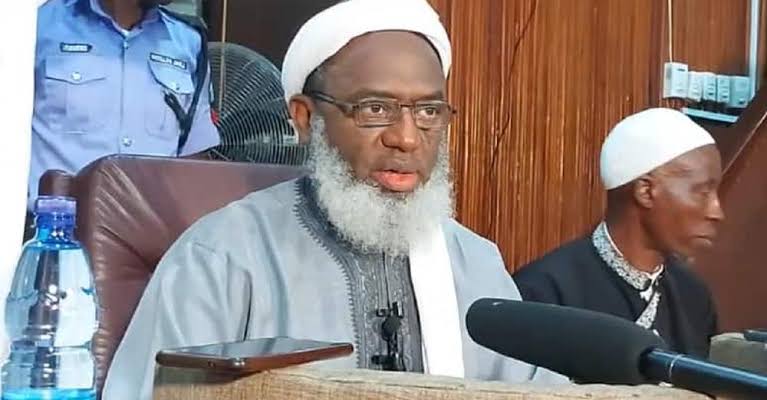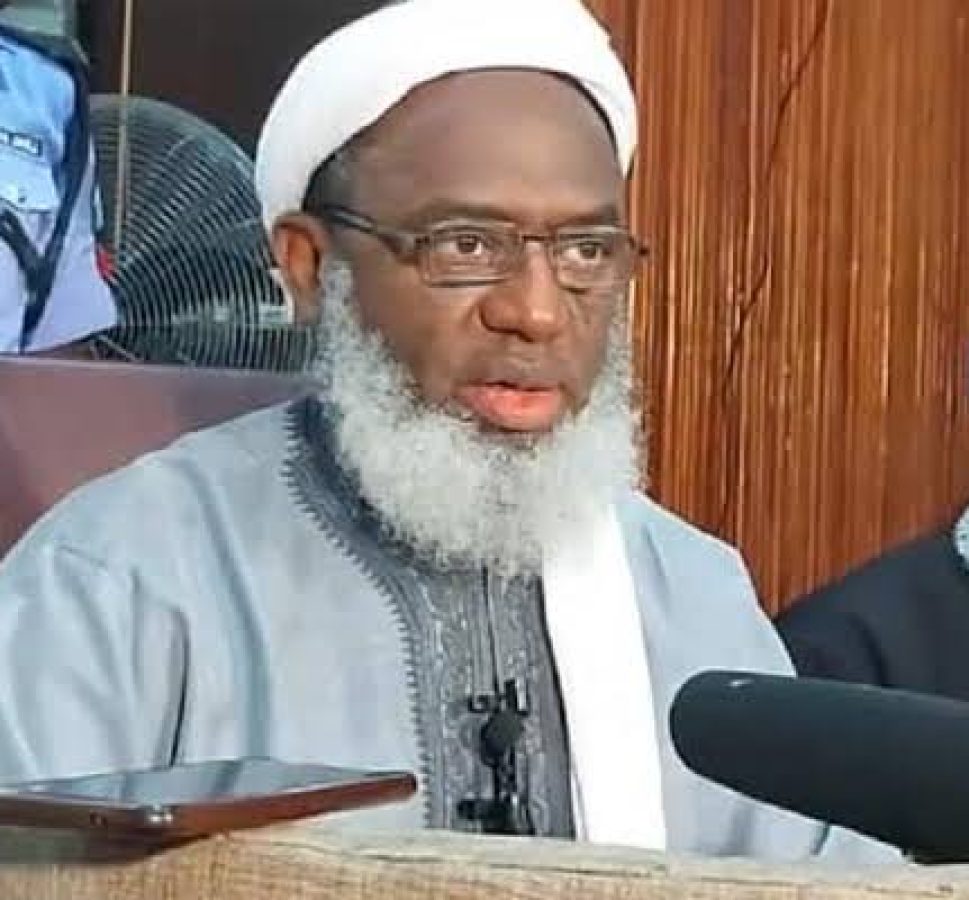
He, however, warned that a premature action could lead to anarchy and called for sufficient time to articulate demands effectively.
Controversial Islamic scholar Sheikh Ahmed Abubakar Gumi has urged Nigerian youth to postpone their planned #EndBadGovernanceInNigeria protest slated for August 1 to January next year, emphasising the need for better organisation.
Gumi in a video obtained by SaharaReporters highlighted the critical role of youths in the nation’s future, saying, “Nigerian youths can be said to be the last hope of this nation.”
He therefore advised the youth to involve various associations in the protest planning, noting, “The youth should wait and make adequate and proper preparation and arrangement for the protest.”
He criticised labour unions for often “being silenced by government bribes” and stressed the government’s responsibility to address the issues.
Addressing widespread corruption, Gumi praised the youth’s initiative against bad governance, calling it “a great precursor of a brighter future for this nation.”
He, however, warned that a premature action could lead to anarchy and called for sufficient time to articulate demands effectively.
Gumi expressed hope that the youth would heed his advice: “I pray they listen.”
SaharaReporters recently reported that Gumi urged Nigerians to engage in peaceful protests as a means of conveying their grievances to the government, emphasising that protests are a crucial tool for driving change.
In a video clip seen by SaharaReporters, Sheik Gumi emphasised the importance of peaceful demonstrations while cautioning against the use of violence or incitement.
“Politicians are very stubborn, it is mass protests that only disturb them,” he said.
Addressing concerns over comparisons with past protests in countries like Sudan, Lebanon, and Liberia, Sheik Gumi highlighted Nigeria’s unique diversity.
“In Sudan and Liberia, the conflicts were like family feuds, which are very dangerous. But Nigeria is different, with diverse ethnicities, religions, cultures, tribes, and sects,” he explained, noting internal tensions even within religious sects like the Izala in Nigeria.






